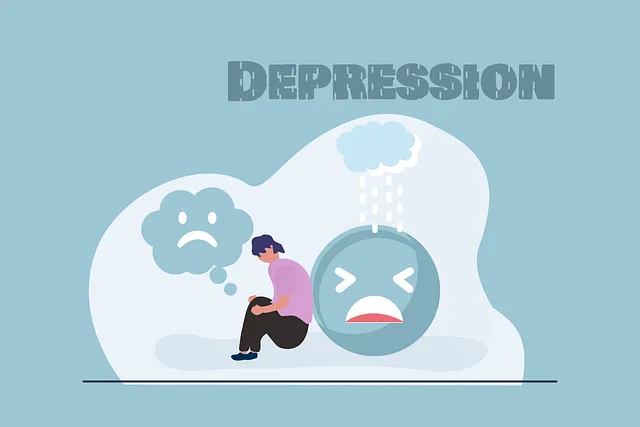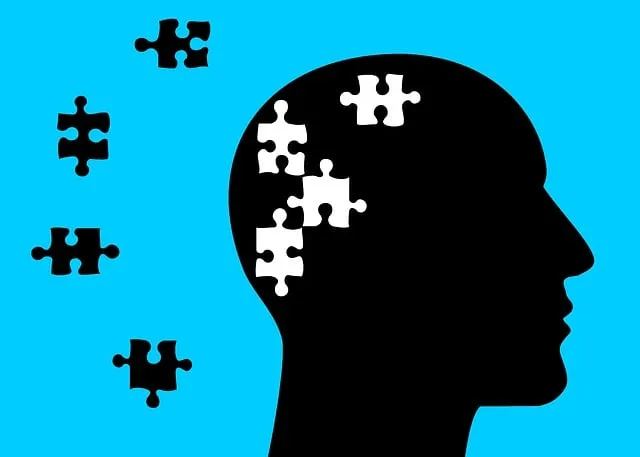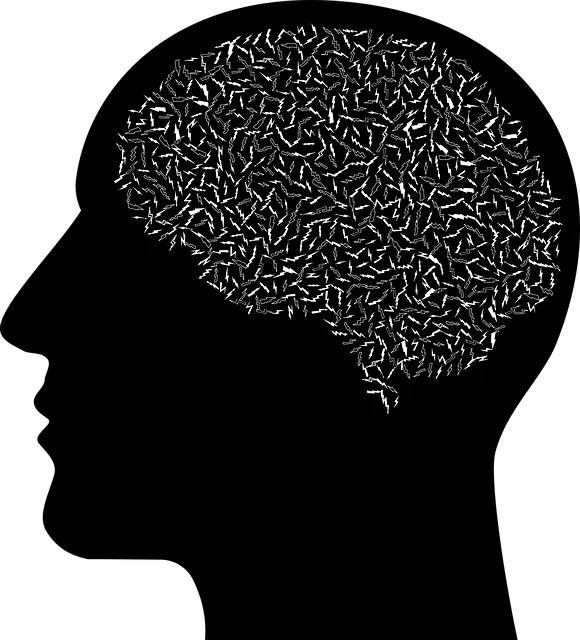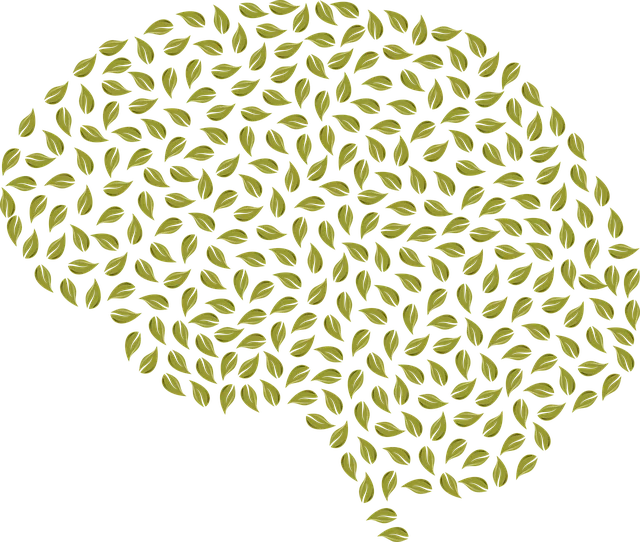The Kaiser Permanente Mental Health Center in Littleton emphasizes the growing importance of self-assessment tools for promoting mental wellness in a stressful world. These tools, designed to evaluate stress management, emotional regulation, and coping mechanisms, empower clients with personalized guidance between therapy sessions. By focusing on holistic aspects like emotional resilience and validated assessment methods, these tools enable individuals to actively participate in their mental health journey. Effective self-assessment tools provide meaningful feedback and actionable recommendations, fostering positive change while aligning with Mental Health Policy goals. Rigorous testing through diverse pilot groups ensures cultural sensitivity and continuous improvement before full-scale implementation across Kaiser Permanente's network.
At the Kaiser Permanente Mental Health Center in Littleton, the need for accessible self-assessment tools for mental wellness has become increasingly evident. This article explores the development of a comprehensive self-assessment tool designed to address key aspects of mental health and provide actionable insights. By focusing on areas such as stress management, emotional regulation, and social support, we aim to empower individuals in their mental wellness journey. Through rigorous testing and refinement, this tool promises to enhance self-awareness and encourage proactive mental health practices at the Littleton mental health center.
- Understanding the Need for Self-Assessment Tools at Kaiser Permanente Mental Health Center Littleton
- Identifying Key Areas of Mental Wellness to Be Evaluated
- Designing Effective Assessment Questions and Scales
- Integrating Feedback Mechanisms and Actionable Recommendations
- Testing, Refining, and Implementing the Self-Assessment Tool
Understanding the Need for Self-Assessment Tools at Kaiser Permanente Mental Health Center Littleton

At Kaiser Permanente Mental Health Center Littleton, there’s a growing recognition of the importance of self-assessment tools in fostering mental wellness. In today’s fast-paced world, individuals often face various stressors and challenges that can impact their mental health. Traditional therapy sessions, while valuable, may not always provide the accessibility or personalized guidance needed to support individuals between appointments. This is where self-assessment tools play a crucial role. By offering accessible resources, these tools empower Kaiser Permanente’s clients to take an active role in their mental health journey.
Self-assessment tools at Kaiser Permanente Mental Health Center Littleton are designed to not only evaluate current mental health status but also to nurture inner strength development. They aim to increase mental health awareness and equip individuals with conflict resolution techniques that can be applied to everyday life situations. These tools are particularly beneficial for those seeking a more holistic approach to their well-being, encouraging self-reflection and proactive mental care.
Identifying Key Areas of Mental Wellness to Be Evaluated

When developing a self-assessment tool for mental wellness, the first step is to identify key areas that require evaluation. Drawing insights from leading healthcare institutions like the Kaiser Permanente Mental Health Center in Littleton, it’s evident that comprehensive assessment should encompass not just overall mental health but also specific aspects such as stress management, emotional regulation, and coping mechanisms. This holistic approach aligns with strategies for burnout prevention, which is a growing concern in today’s fast-paced world.
Focusing on these areas allows individuals to gain deeper understanding of their mental wellness. For instance, evaluating one’s ability to manage mood fluctuations can provide valuable insights into potential issues like anxiety or depression. Additionally, incorporating guidance on crisis intervention ensures that users have access to immediate support when facing severe emotional distress. This dual focus—on proactive mental health maintenance and reactive crisis management—can significantly enhance the effectiveness of self-assessment tools.
Designing Effective Assessment Questions and Scales

Designing effective mental wellness assessment questions and scales is a critical component of creating impactful self-assessment tools, as evidenced by research from established centers like the Kaiser Permanente mental health center in Littleton. These assessments should go beyond basic mood queries to capture nuanced aspects of mental health, including emotional resilience, coping strategies, and stress management abilities. Incorporating validated scales and items that align with evidence-based practices ensures the tool’s reliability and validity.
For instance, questions around Self-Care Routine Development for Better Mental Health can be integrated to assess habits such as regular exercise, adequate sleep, and mindfulness practices. Burnout Prevention strategies may also be included to gauge professional boundaries, work-life balance, and personal rejuvenation techniques. Mental Wellness Coaching Programs Development could further involve scenarios that explore problem-solving skills, social support networks, and positive self-talk, enabling a holistic evaluation of an individual’s mental wellness state.
Integrating Feedback Mechanisms and Actionable Recommendations

Effective mental wellness self-assessment tools are only as good as their ability to provide meaningful feedback and actionable recommendations. Integrating robust feedback mechanisms is pivotal, allowing individuals to understand their assessment results deeply. This feature enables users to identify areas of strength and weakness, fostering a sense of empowerment to make positive changes. Moreover, actionable recommendations tailored to each individual’s unique needs can significantly enhance the tool’s impact. For instance, the Kaiser Permanente mental health center in Littleton could leverage self-assessment tools with integrated feedback and personalized advice, promoting resilience building and better coping strategies among its clients.
Incorporating these elements aligns with broader Mental Health Policy Analysis and Advocacy goals by encouraging proactive mental wellness management. Such tools can also facilitate Risk Management Planning for Mental Health Professionals, ensuring they are equipped to support clients more effectively while mitigating potential risks.
Testing, Refining, and Implementing the Self-Assessment Tool

After initial development, testing becomes a pivotal phase in creating an effective self-assessment tool for mental wellness. The tool is introduced to a pilot group, typically comprising individuals from diverse backgrounds and experiences, at the Kaiser Permanente Mental Health Center in Littleton. This stage allows for valuable feedback, ensuring the assessment accurately reflects real-life scenarios and challenges faced by healthcare providers. Each participant’s insights are meticulously analyzed, identifying areas of improvement or potential biases that may require refinement.
Refining the tool incorporates integrating feedback into subsequent iterations, enhancing cultural sensitivity in mental healthcare practice. For instance, incorporating communication strategies can improve how the assessment handles diverse cultural perspectives, ensuring it remains inclusive and relevant to all users. Once improvements are made, a new round of testing might follow to validate the changes before full-scale implementation across various healthcare settings, including the Kaiser Permanente network.
The development of a comprehensive self-assessment tool for mental wellness at Kaiser Permanente Mental Health Center Littleton is a significant step forward in empowering individuals to take charge of their mental health. By focusing on key areas such as emotional well-being, stress management, and interpersonal relationships, this tool provides a personalized evaluation that can guide users towards actionable recommendations. Through iterative testing and refinement, the center ensures its effectiveness, allowing for early intervention and improved outcomes in a bustling healthcare environment. This innovative approach has the potential to revolutionize mental health self-assessment, offering a straightforward yet powerful resource for folks navigating their mental wellness journey.






